Your smile is one of the first things that people notice when they meet you. Straight, white teeth are no longer just for celebrities. Advancements in cosmetic dentistry over the last several years have made teeth whitening safer and more affordable for almost anyone wanting a brighter smile. But why is having a white smile important?
According to a national survey by the American Academy of Cosmetic Dentistry, 96% of adults believe an attractive smile makes a person more appealing to the opposite gender, and 74% of adults feel an unattractive smile can hurt a person’s chances for career success. Having a clean, straight smile that you feel confident about enhances your social and career opportunities!
True teeth whitening requires the use of a chemical in the peroxide family to penetrate the outer layer of enamel on the teeth and oxidize (chemically break down) darkly pigmented compounds within the teeth to make them look whiter. This process actually changes the underlying color of the teeth. Because these chemicals penetrate into the internal structure of the teeth, they are capable of removing internal (or intrinsic) staining. These are stains that develop within the tooth over time.
While all true teeth whitening will involve the use of peroxide chemicals, the method of application varies widely. Many people opt for professional teeth whitening treatments performed by their dentists in office. Others prefer at-home kits to whiten at their own pace.
Power toothbrush is popular because of its high technology, but can electric toothbrush whiten teeth?

From the above definition of tooth whitening, we can see that electric toothbrush can not whiten teeth from the chemical level. It is important to understand that electric toothbrushes can produce the appearance of whiter teeth by removing external staining but they are not capable of changing the natural color of teeth in the same way that a peroxide-based whitening treatment can. Electric toothbrushes are capable of removing extrinsic stains, and this is the only mechanism through which they may “whiten” the teeth.
In general, the answer to this question is yes. However, it’s not for the reasons you would assume. It is not because electric toothbrushes inherently remove more plaque and stain than manual toothbrushes. The real answer lies in the way that people use electric toothbrushes.
Technically, manual toothbrushes used for the recommended amount of time and with the proper technique should produce the same effect as a battery powered toothbrush. What most studies find is that most people are not consistent in performing the correct brushing technique for the recommended two minutes when using a manual toothbrush.

